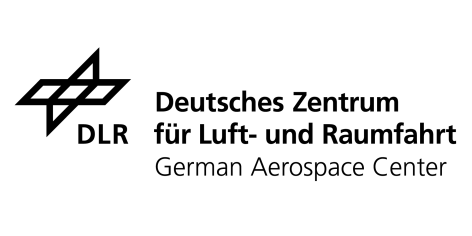Deutsches Zentrum für Luft- und Raumfahrt (DLR) - German Aerospace Center

DLR is the German National Aerospace Research Centre as well as the German Space Agency. DLR’s mission comprises the exploration of the Earth and the Universe, research for the conservation of the environment, for environment-compatible technologies, for promoting mobility, communication, and safety. DLR operates major research institution facilities for DLR’s own projects and as a service provider for clients and partners. Approximately 6600 people are employed in total in DLR’s 29 institutes at 13 locations distributed over Germany, including Stuttgart and Köln.
The Institute of Combustion Technology is using synergies from the groups ‘Advanced Diagnostics’, ‘Chemical Kinetics’, ‘Numerical Simulation’ all working on research spanning from fundamental to technical combustion. The institute coordinated the European FP5 project SiA-TEAM on soot formation in aeroengines and was/is involved in a large number of European Research Projects in the sectors aeronautics and energy. The activities of the Institute of Combustion Technology are in the fields of combustion instability, pollutant formation, spray combustion, alternative fuels as well as combustor systems. It possesses a variety of laser systems and high pressure rigs (up to 100 bar). Among the available measuring techniques are Rayleigh-scattering, spontaneous Raman-scattering, CARS, LIF, multi-photon fluorescence, extinction/absorption methods, and LII. For the numerical simulation of unsteady and steady turbulent combustion, the 3D-CFD-Code THETA (developed in-house) for unstructured grids is available. Computer resources available at the institute comprise modern powerful Linux-clusters as well as the access to HPC facilities located at Stuttgart, Karlsruhe and Jülich.
DLR-VT Homepage: http://www.dlr.de/VT/

